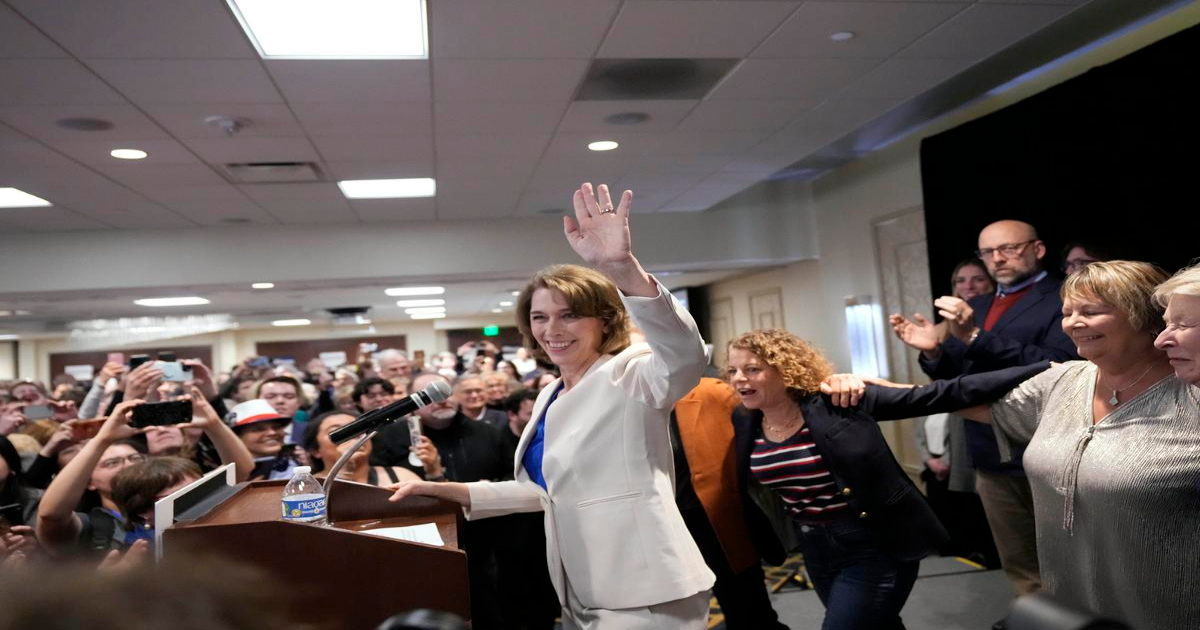If you’re a Republican House member, how do you tell Elon Musk—that most manic of moneybags—that his support in next year’s midterm election would be greatly appreciated, but best invested, well, anywhere else? Would that piss him off? Would it make him back a primary challenger who’ll have even less of a chance to win in November? Isn’t there some way to quietly take his money without a single voter noticing?
Naaah.
The odor of Musk helped drag MAGA judge Brad Schimel down to defeat last night in the race for the swing seat on Wisconsin’s Supreme Court. To be fair, Schimel’s defeat was overdetermined, as the other issue in the race against liberal judge Susan Crawford was whether the Court would uphold abortion rights (Crawford’s position) or have the state revert to the abortion ban it enacted in 1849, so early in the state’s history that the German social democrats who flocked there after the defeat of the 1848 revolutions in Germany hadn’t even arrived yet. (A distinctly abolitionist bunch, the Germans also helped found the anti-slavery Republican Party in 1854, and their descendants managed to elect socialist mayors of Milwaukee throughout most of the 20th century.)
Crawford won big last night, not only piling up huge margins in Milwaukee and Madison, but keeping Schimel’s margins down in Milwaukee’s predominantly white, middle- and upper-middle class suburbs, where the abortion issue doubtless moved some Republican women to cross over and vote for her. But Musk, despite the $22 million he plowed into the campaign for Schimel, despite his promised reward of cash prizes for Schimel voters, played what may have been the decisive role in boosting Crawford’s turnout. Looking at what has happened to Twitter after Musk purchased it, and at the damage he’s now inflicted on Tesla, many Wisconsinites prudently decided that selling the state to Musk would lead to a sharp drop in their fortunes, not to mention their self-respect.
Democrats can also take comfort in the margins by which their candidates in two Florida congressional districts lost in last night’s special elections. In the Daytona district previously represented by Trump’s national security adviser and user of commercial technology for state secrets Mike Waltz, Democrat Josh Weil lost to Republican Randy Fine by 14 percentage points. In November, Waltz had carried that district by 33 percentage points, and Trump by 30.
In the Pensacola district previously represented by Matt Gaetz, whose pre-existing scandals were so appalling that he was denied the chance to have a Trump administration scandal like so many of his peers, Democrat Gay Valimont lost to Republican Jimmy Patronis by 15 percentage points, in a district Trump had carried by 37 percentage points last November. Valimont narrowly carried Escambia County, which includes Pensacola and whose economy is dominated by military installations. It was the first time in decades that a Democratic congressional candidate took that county. When a Democrat carries a Republican redoubt like that, Republicans have reason to worry.
These two districts were so red that the Democratic Congressional Campaign Committee did not even consider investing campaign funds, but Weil was able to raise close to $10 million nonetheless from Democratic faithful looking for a way to demonstrate the absence of a Trump mandate. The Valimont race inspired no such hopes or contributions, which makes her running more than 20 percentage points better than Kamala Harris all the more impressive. (Although her race, unlike Weil’s, was not nationalized, which kept Republican turnout muted.)
Even in other downballot races, Democrats saw success. They won the other statewide race in Wisconsin, for state superintendent of public instruction. Wisconsin Dems also dislodged an incumbent county executive in light-red Winnebago County, and Illinois Dems flipped the mayoralty in the city of Aurora.
Some Democratic talking heads last night were opining that these results also showed voter dissatisfaction with Trump’s economic performance, in line with polls showing voter discontent with Trumponomics and their fears of continuing high prices and stagflation. What should really concern Republicans is that this growing rejection of Trump’s economic policies has taken hold even before he really lowers the boom on the economy: the full extent of his tariffs will only be unveiled later on Wednesday, and the real hike in prices has yet to hit.
For their part, some Republican talking heads were consoling themselves last night with the thought that Republicans underperform at the polls when Trump isn’t on the ballot, so last night’s results shouldn’t be cause for dismay. I doubt that consoles Republican House members up for re-election next year, when they’ll be on the ballot and Trump won’t. It also suggests that some of those Republicans might join his patently unconstitutional crusade to seek a third term in 2028, where at least they could ride his coattails, if they exist. To dismiss that idea as completely crazy doesn’t mean it’s outside the mainstream of Republican thinking, such as it is.
